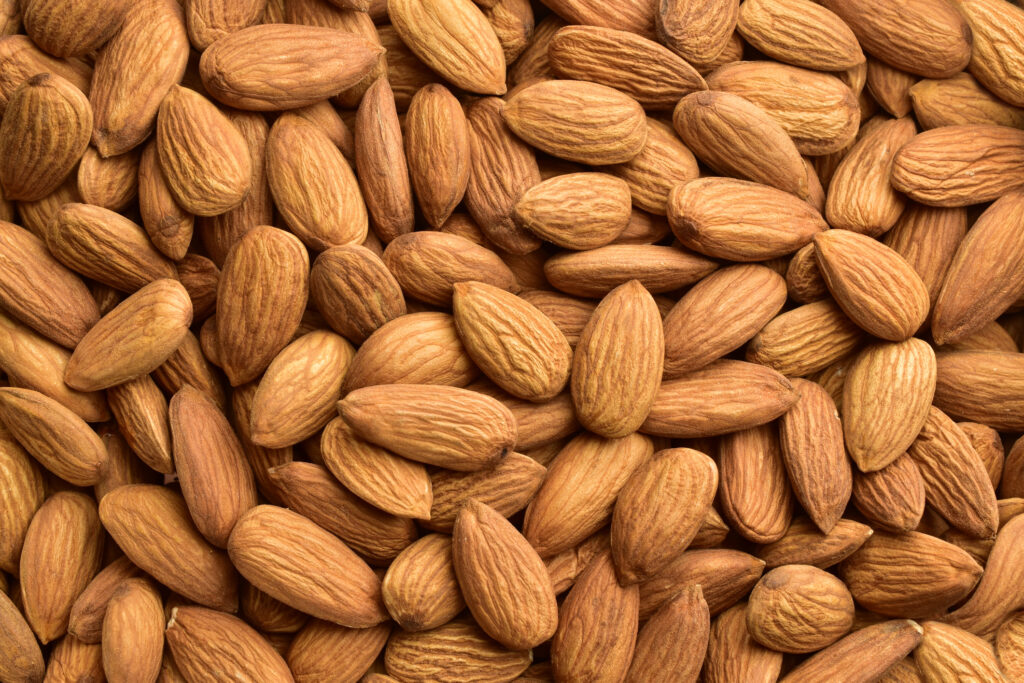Grower’s Past Helps Navigate the Future
Couture Farms: Member since May 1, 1946 (75 years)
Background Information:
My grandfather came to California shortly after the beginning of the 20th century. My father was born in 1918, and he started farming after he got out of college. In the 1940s, he came to Huron; he planted melons and watermelons in 1948 and then cantaloupes in 1949. We have been farming melons every year since! Both my mother and father lived and worked on the ranch, and now my brother and I run the farm.
Aside from melons, what other produce do you grow?
In 2000, we began switching crops and products over to organic. We are still planning on some melons, but we are waiting to see how much rain we get and what kind of water allocation we get from the water district. 2020 was our last year growing asparagus; we started planting asparagus in 1977. Now pistachios and almonds are our focus.
What’s the most interesting part of your operation today?
The most interesting part of our operation right now is our new building for food safety to secure the processing of pistachios. Prior to 2017, we had a facility that was raising alarms. Although we didn’t have any problems, the proactive thing to do was to use a third-party processor. After taking our product to an outside processor for two years, we have officially built a building, and now we are ready to move equipment in and start processing our crops.
Tell me about the family farm. How many generations are currently working?
There’s my brother and me. I do more of the office work while my brother stays in the field. My brother’s son helps him on the farm and my daughter helps around the office. My wife helps a bit with sales and that makes up our family farm here in the Central Valley.
As you introduce the next generation of farmers to the operation, have you identified any similarities or differences in operating styles between your father and your generation?
There is a lot of continuity—in both crops and ethical standards—that my father started for us. He was quite an exceptional man. He grew up in the farming business and loved to build packing sheds and buy motors and wire. He was constantly working and planning new things. My brother and I are just a little bit more removed from some of that work. We have an excellent team to share those responsibilities with.
What is your favorite part of the job?
My favorite part of the job is being in agriculture—everything changes with the seasons, from asparagus to melons to trees. They come up at different times and you’re watching slightly different problems. It’s a joy to have that sort of variety. When things grow well, you kind of stand back in awe of a nice crop and how it all works. You must pay attention to the weather and hope for rain at times, but that’s Mother Nature. My father would never get upset or blame Mother Nature; to him, it was never her fault. So, we learned how to cope with the many ups and downs that come with farming.
As a Western Growers member, how has your operation benefitted from the services our organization provides?
We have been members of Western Growers for what seems like forever. My father was on the board many years ago and it’s a relationship I take advantage of every day. Everything from notifications about positive things in farming, to Western Growers’ aggressiveness in trying to protect us from poor legislation, and to outreach in helping organizations be presented in the best possible light. It’s a challenge. I personally see that the Board of Directors has concentrated heavily in many ag-related areas with higher productivity. I have great respect for Western Growers. Our farm has used Western Growers to help with trade conflicts with buyers. We’ve seen benefits with using the organization for insurance, not to mention understanding legislation. I still think every day that Western Growers has done a lot for me whether I’ve made the call to them or not.
What’s next for your operation?
We are well aware of the idea of succession, but we are not forcing our children to step in our footsteps. I do believe there is a good future for young people in agriculture, while also acknowledging that doesn’t always involve an ownership position. There’s a lot of potential for organic growing, people wanting to eat well and feel better. That presents a great opportunity for the future of Couture Farms.
(Editor’s Note: Owner Steve Couture was interviewed for this story. His comments were edited for brevity and clarity.)




